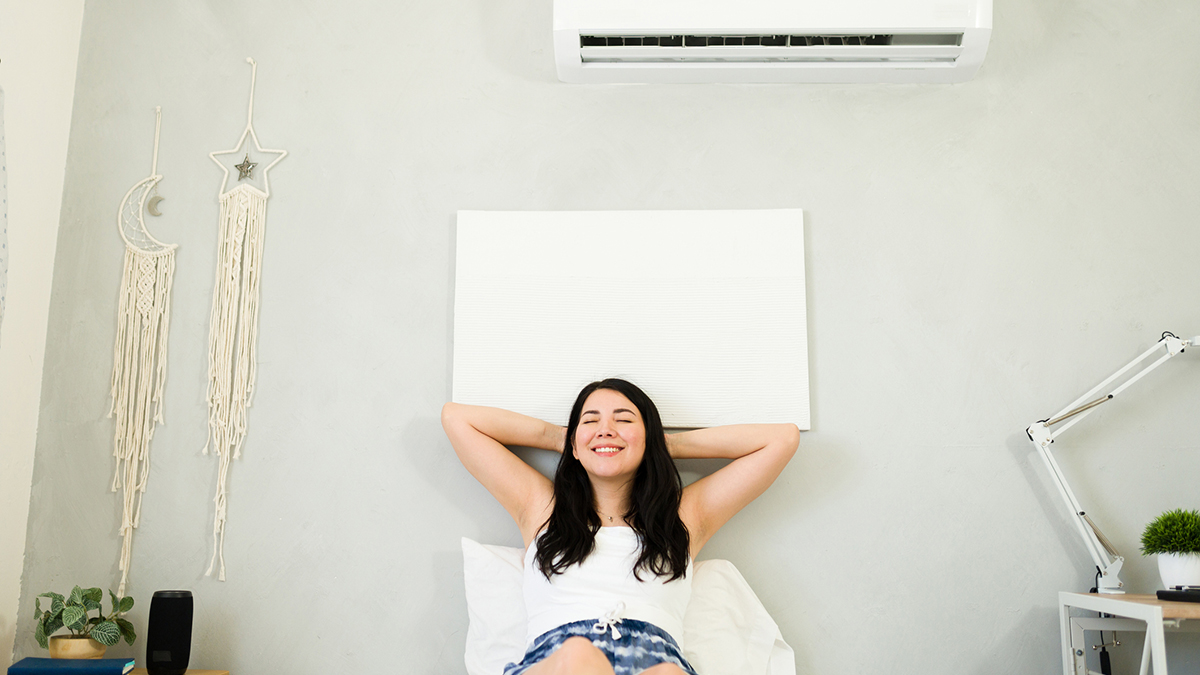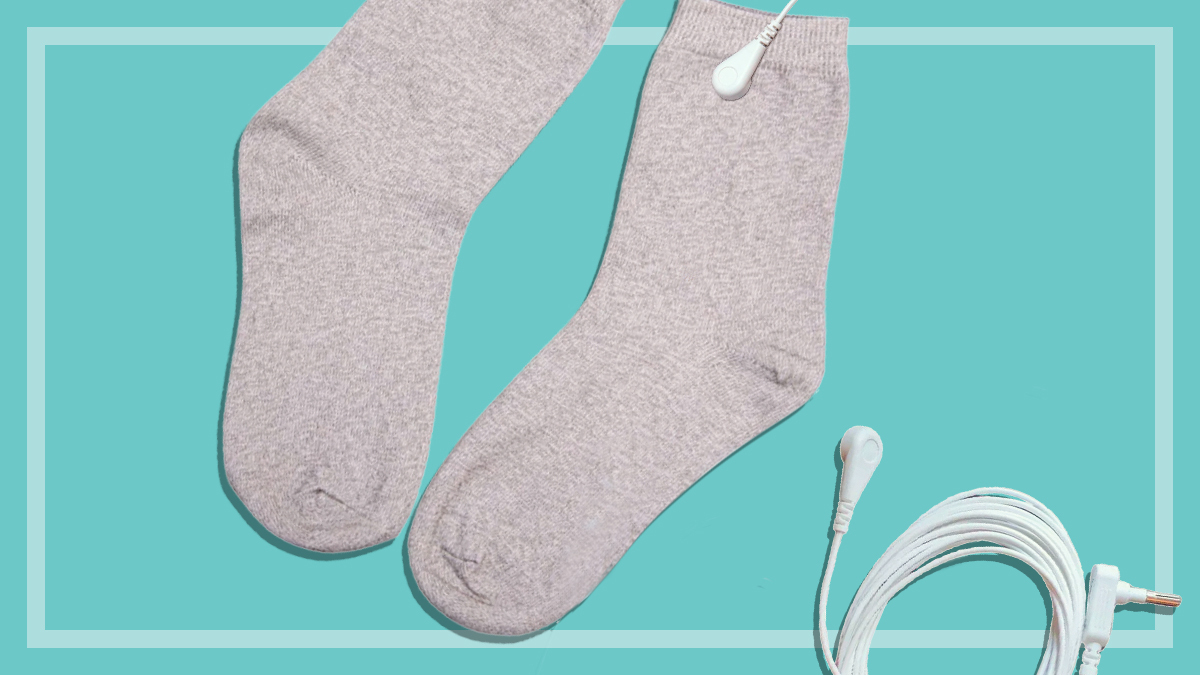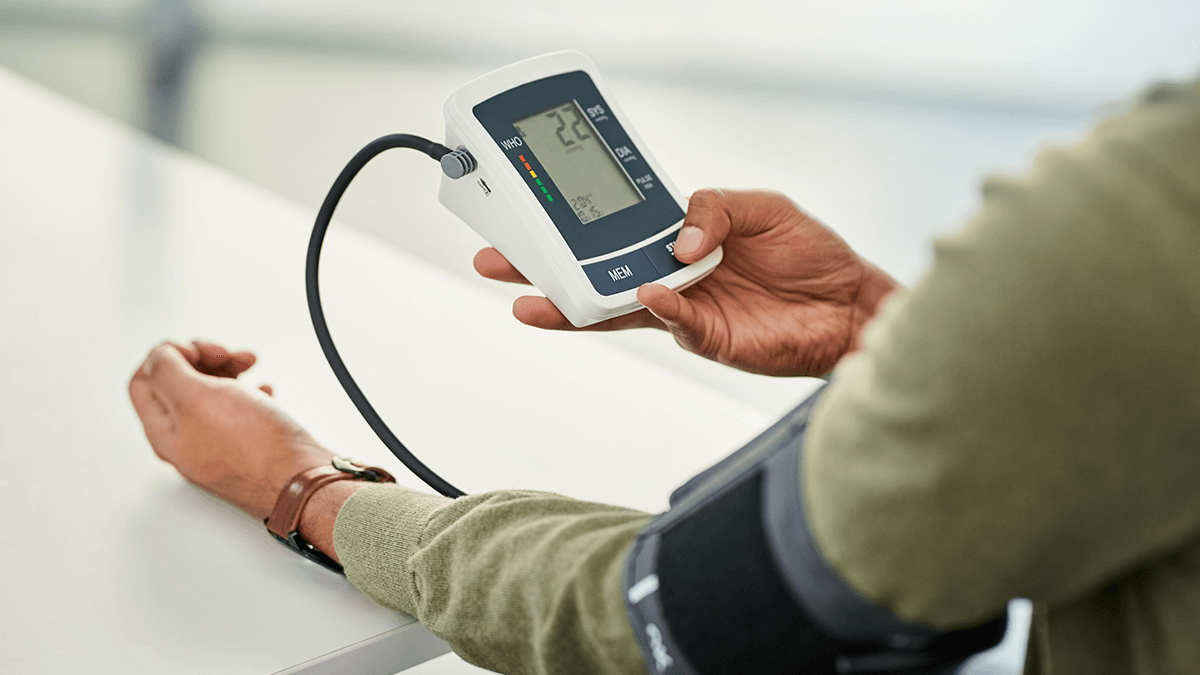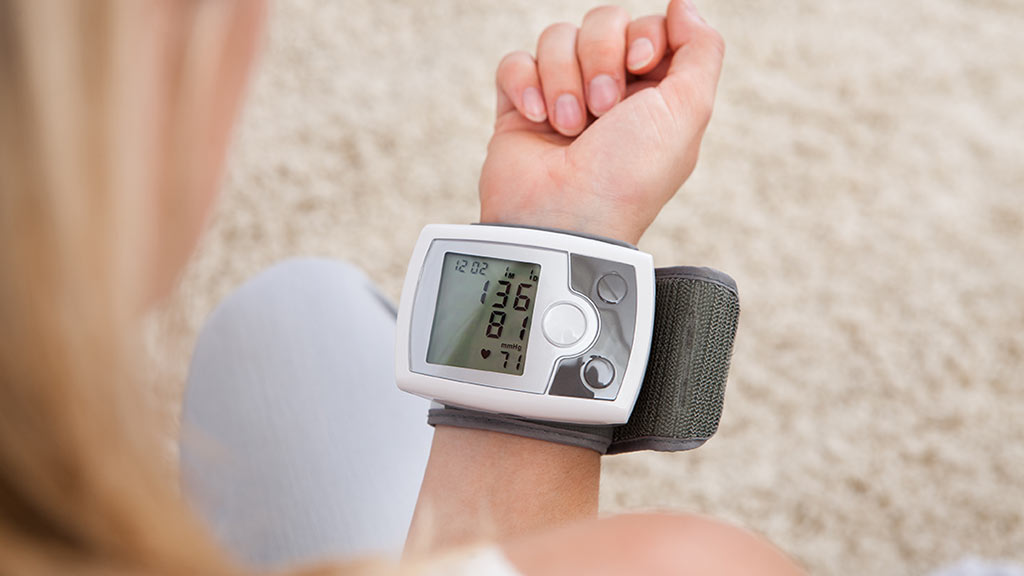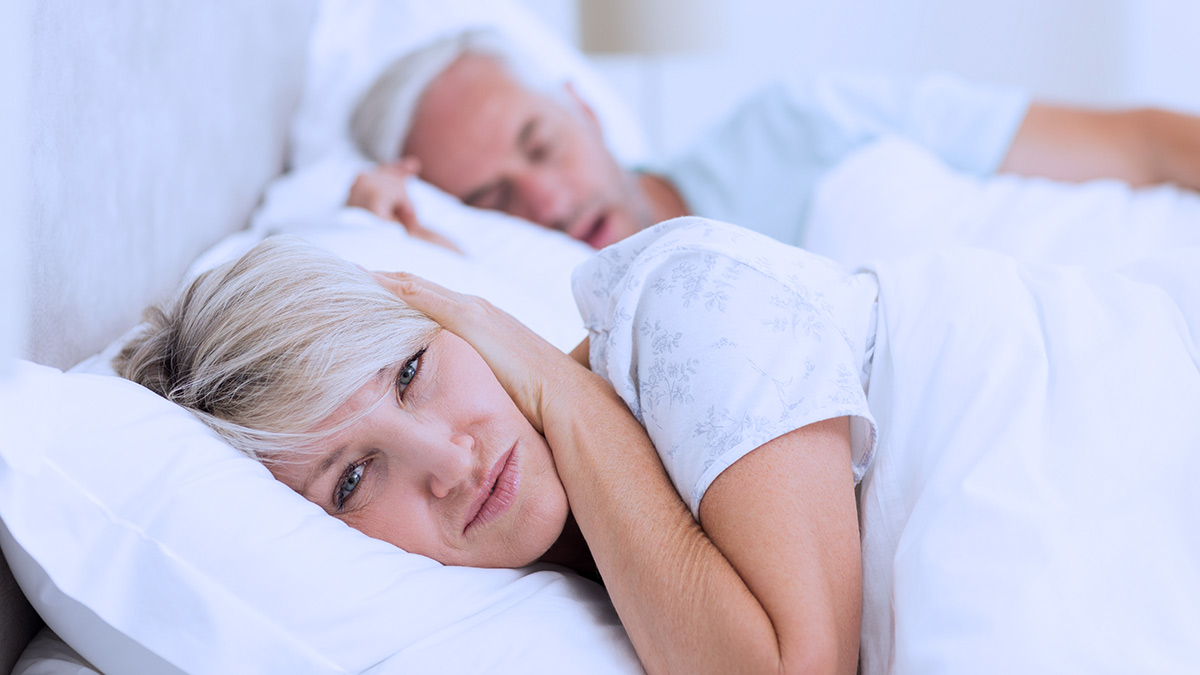Get our independent lab tests, expert reviews and honest advice.
Do alternative anti-snoring aids work?
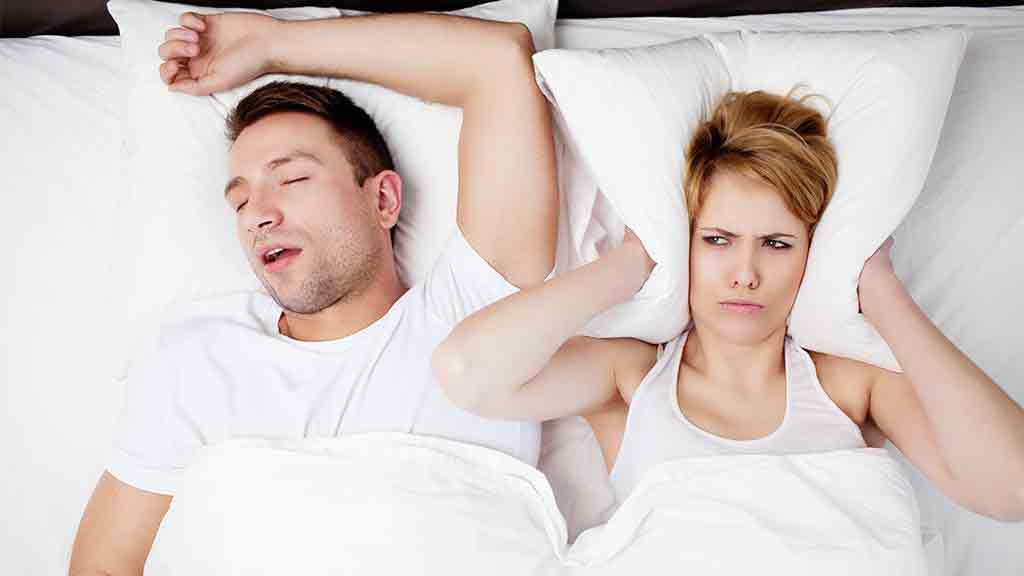
Sleep-deprived adults on the verge of break-up are sitting ducks for companies looking to peddle their anti-snoring wares. While some, such as CPAP machines and oral devices have good evidence they work to prevent snoring, these expensive pieces of hardware are a major commitment and require the help of specialisists.
On this page:
Not surprisingly, people may be more interested in trying cheaper products they can buy off the shelf or online. Some of these more low key solutions include:
- pillows
- nasal strips and dilators
- essential oils inhalations and throat sprays
- homeopathic throat sprays and tablets.
But do they work?
To find out, we searched medical literature and spoke to the following experts:
- otolaryngologist (ear, nose and throat (ENT) specialist)
- researcher from a sleep centre
- professor of sleep medicine
- dental prosthetist
- aromatherapist.
We also contacted the manufacturers or suppliers of a number of popular anti-snoring products, asking them to provide documentation to support their product’s claims.
Pillows
The maker of the Dentons Anti-Snore Silent Knight Therapeutic Pillow claims it stops or reduces snoring for the 70% of people who snore “… due to restricted breathing, caused by bad posture during sleep”. Despite repeated requests, the company didn’t provide evidence to back up this claim.
The company behind Dick Wicks Magnetic Anti-Snore Pillow told us the pillow prevents snoring by supporting the user’s neck, keeping the soft palate away from the throat. It had no studies to support this theory.
The magnetic part of the pillow is supposed to reduce pain but, again, it didn’t provide evidence to support this claim. And when CHOICE looked at static magnet therapy, we didn’t find conclusive evidence for pain relief either.
The only clinical trial of a pillow we could find compared three popular snoring aids – a nasal strip, a throat spray and a specially designed pillow – that found all three ineffective.
Expert says:
Theoretically, something that extends the neck may open the airway. But experts doubt a pillow could hold a person in one position to keep their neck extended for the whole night, particularly if they’re prone to tossing and turning.
Nasal strips and dilators
Nasal strips and dilators help open the nasal passages so the user can breathe more freely through the nose rather than the mouth.
The Breathe Right website lists a number of studies related to its nasal strips, but they show contradictory results – for instance, an independent study showed Breathe Right nasal strips to be ineffective, while another (financed in part by the product’s sole distributor) showed a reduction in the frequency of snoring in a group of patients with rhinitis.
The Pharmacure website has links to clinical trials of its Nozovent nasal strips which show positive results, but our ENT and sleep medicine experts thought the trials were unreliable.
Expert says:
The ENT specialist from the Australian Society of Otolaryngology, Head and Neck Surgery (ASOHNS) thought these devices could help a small number of people whose snoring is caused by certain types of nasal obstruction.
Essential oils
Aromatherapy Clinic’s Anti Snoring Blend is a mixture of essential oils that can be dabbed on the skin, inhaled directly or diffused in an oil burner. The literature for this product claims that it “…clears sinuses and enhances the function of the respiratory tract”.
The Essential Health website says the Helps Stop Snoring throat spray “works by lubricating and toning these tissues thereby reducing the vibrations that can cause snoring”.
We found two clinical trials — one (financed by the manufacturer of Helps Stop Snoring) found it effective in reducing snoring, while another independent trial of an unnamed essential oils product with the same ingredients showed no significant difference between the product and a placebo.
Expert says:
The ENT specialist thought the methodology of both trials was unreliable. A representative from the International Federation of Aromatherapists said although both these blends may clear congestion, she couldn’t see how essential oils could improve poor muscle tone at the back of the throat.
The professor of sleep medicine agreed with the aromatherapist and said there was no evidence to support this theory.
Homeopathic products
Green Pharmaceuticals’ SnoreStop Extinguisher comes in the form of a homeopathic throat spray or tablets, and has a clinical trial to support its claims (again, financed by its manufacturer).
Brauer supplied a list of ingredients of its Snore Eze spray and their properties, which were all listed in the Materia Medica – the reference book of homeopathic medicines – as some of the many possible snoring treatments.
Expert says:
Our ENT specialist thought the clinical trial of SnoreStop was poorly designed, and that one trial wasn’t enough to establish if it really worked. He said the best way to determine a treatment’s efficacy was via a meta-analysis — an overview of a number of studies that compares and draws conclusions from all the results.
A representative from the Australian Homeopathic Association said a homeopath would usually only prescribe the single most appropriate treatment for an individual, rather than take a generalised ‘one-fits-all’ approach.

